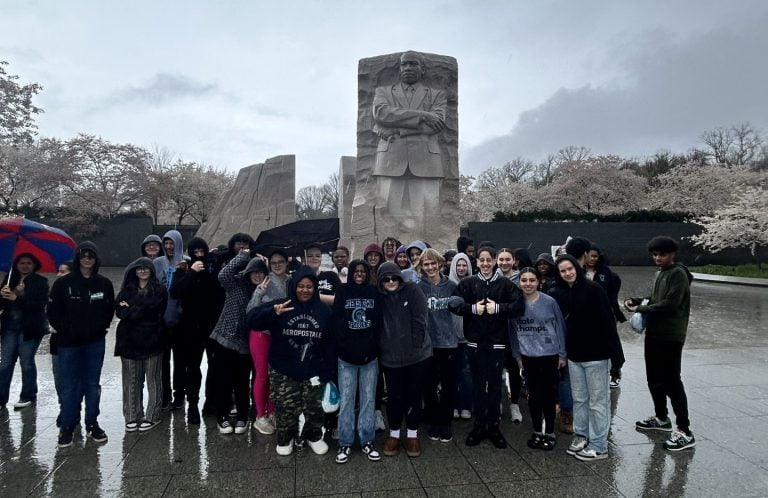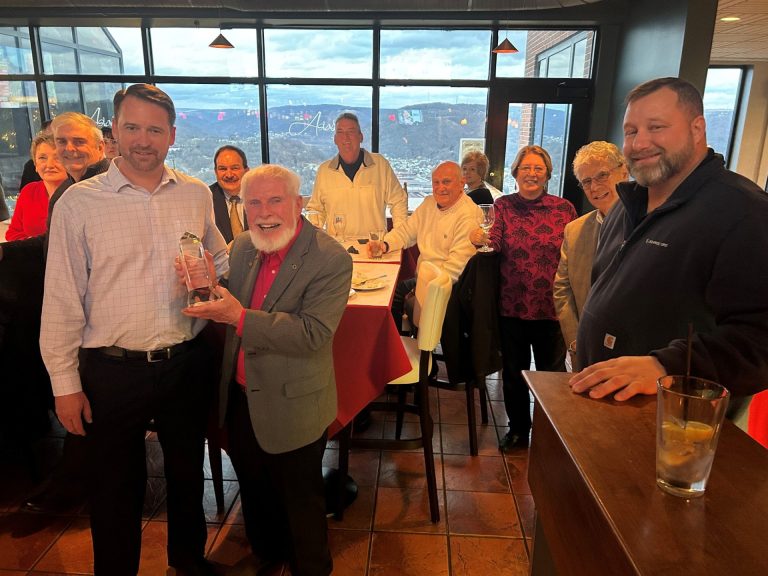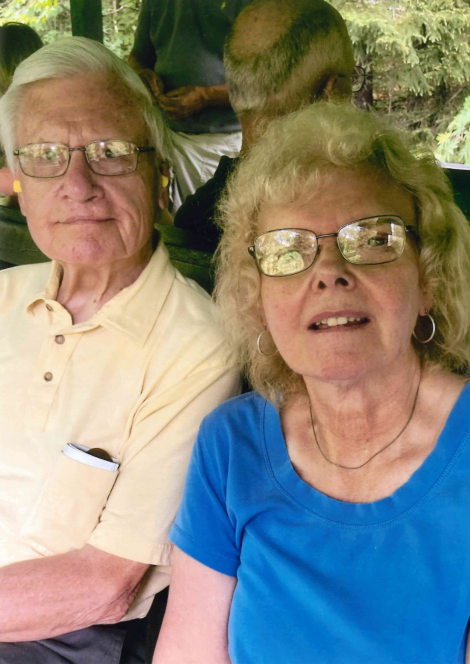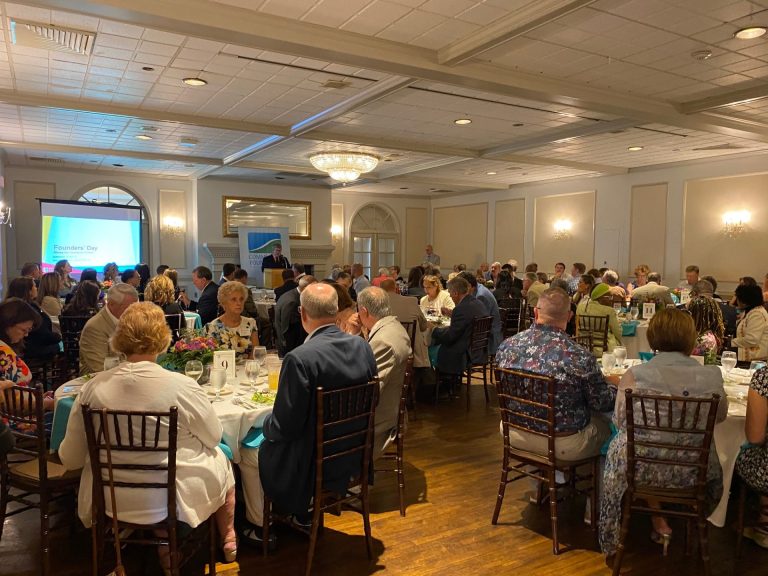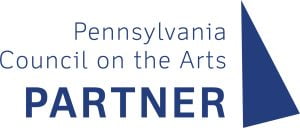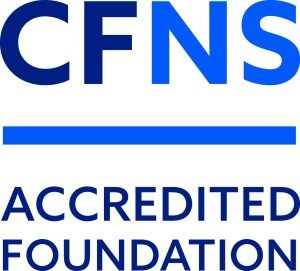New Fund Addresses Critical Gaps in Work Readiness, Advancement Opportunities
Supporting Learning Communities—a new program made available through the Y.S. and Y.W. Nam Fund at Community Foundation for the Alleghenies (CFA)—responds directly to two of the most pressing employer, employee, and job-seeker needs the region faces today: soft skills for work readiness and middle-skills upgrades.
The fund was established through a bequest by a woman from the region who cared deeply about providing opportunities to people who want to improve their lives and pursue learning. Education was always important to her, according to her family, and now her wishes will be honored in perpetuity.
“Growing up not having the opportunity to gain the education that she always desired, she instilled in me and my siblings the importance of being thankful for the ability to get an education and not take it for granted,” her family members said in a statement. “She always wanted to help hardworking, dedicated, and well deserving students have the opportunity to obtain an education.”
Through her generosity, this endowment fund will provide annual support—forever—to support vocational education in the region.
“We’re grateful that this donor wanted to provide this type of vocational education support and help bridge the gap between available workers and jobs,” CFA President Mike Kane said. “This is happening because a thoughtful donor decided to leave a very particular and personal legacy—and because she trusted us to create and implement a model that would transform her hopes for her community into a reality.”
Unlike many other learning opportunities or workforce programs, Supporting Learning Communities would not be exclusive to people entering the workforce. Middle skills employees—incumbent workers who need technical skills upgrades to advance in their careers and improve their earning potential—could also receive training they may not otherwise be able to access. By supporting job-seekers and middle skills employees, the program addresses the two highest-priority requests from business and industry partners in Cambria and Somerset counties in an annual survey of their most critical needs, according to Debra Balog, Workforce Development Director at JARI, which will implement the training program.
“Every year, the No. 1 issue that comes up is soft skills or pre-employment skills,” she said. “We’re looking at these pre-employment skills, but not just for the new hire audience. It could be people who are working but struggling to move ahead because they don’t have those soft skills. They may have incredible welding or other technical skills, but it’s a challenge for them to talk to a customer or interact with fellow employees. These classes will have a huge impact for our employers and also for the people who want to create better opportunities for themselves and their families.”
The ultimate aim is to create a sustainable pipeline of employees who are able to support their families and develop careers with room to grow, Balog said. Through the Nam Fund at CFA, JARI will be able to provide pre-employment and work readiness training for 240 people and workforce training for 96 incumbent employees. Classes are set to begin this year.
The work readiness classes, which are to be held at Pennsylvania Highlands Community College, would include skills such as customer service, communication, time and resource management, decision-making, and more. The workforce training may also cover skills like basic math, blue print reading, machining, industrial electrical and coding, though the final training opportunities could change to best meet the demands of the local workforce and offer the most relevant and impactful education.
“There’s just not a lot of funding available for incumbent workers,” Balog said. “We know there are people who have the drive and motivation to advance in their careers. We know we have employers with an aging workforce who need the middle skills group to be able to fulfill those roles. It’s an issue for the whole community. Where will we find our future leaders and experts? That’s our middle skills people.
“We are always talking about family-sustaining jobs, but the opportunities for promotions are just as important,” Balog added. “We want to make sure we as a community are on the right track to build a pipeline for our current and future workforce. The Nam Fund is going to help us kick start this and create a long-term impact on local individuals, families, and the region’s economy. Building up our current and future workforce—that’s the vision for this program.”


